Industrial Revolution
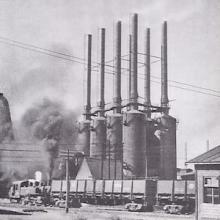
Short Teaching Module: East Asian Developmental States in Global History
The essay examines the concept of the “developmental state” in East Asia, tracing its evolution and application across both capitalist and socialist regimes of the twentieth century.
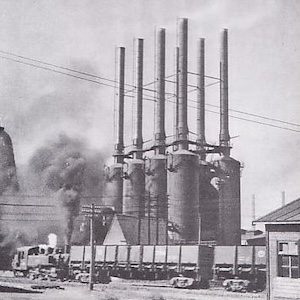
Showa Steelworks in Anshan (Northeast China)
Showa Steelworks, initially established as Anshan Ironworks in 1917, was located in Anshan, Liaoning Province, Northeast China, historically known as Manchuria.
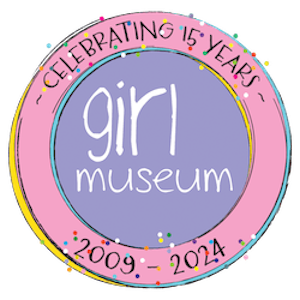
Girl Museum
The Girl Museum makes important interventions by placing girlhood more squarely into the teaching of history, literature, culture, and arts on a global scale.
Archives Portal Europe
This website presents records from dozens of countries, in over 20 languages, and from around 7000 diverse archival institutions total including the national archives of dozens of countries and other smaller institutions.
National WWI Museum and Memorial
Due to the immense amount of resources, we advise educators to enter the databases with an idea of what they want rather than attempting to browse.
African Studies Center
The Center hosts or links to resources on just about every African topic an educator might want to focus on in the classroom.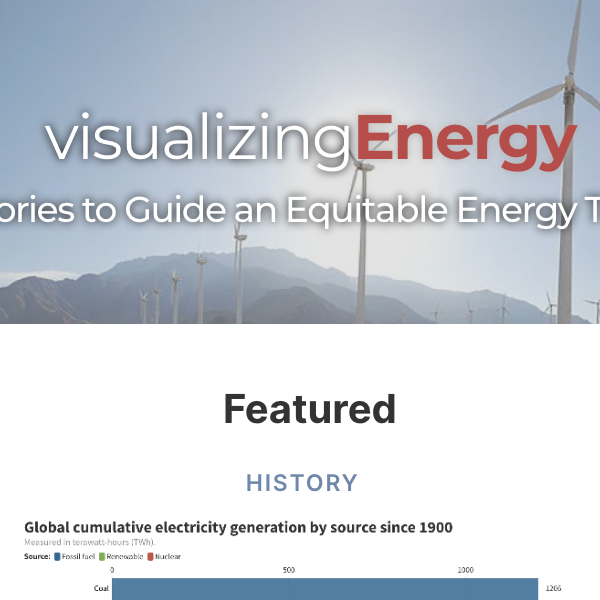
Visualizing Energy:
By combining written analysis with data visualizations, this project displays how energy policy can affect health and equity in a way that makes it interactive and easy to understand.
Heading of east portal Tunnel No. 8
In the late nineteenth century, multiple transcontinental railroads were built across the United States and Canada. These were Pacific projects twice over: Each railroad aimed to open new routes for global trade with Asia, and each depended heavily on Asian laborers for their construction.
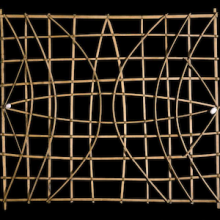
Short Teaching Module: History of the Pacific Ocean
Scholars of Pacific history explore how people build lives dependent on the ocean, how maritime connections create communities, and how humans and the environment shape each other.
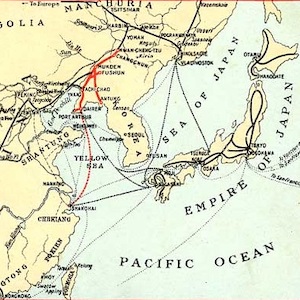
Southern Manchuria Railway (1906-1945)
The world’s earliest locomotive-operated railroads, short stretches transporting coal and ore locally from mines to factories and furnaces, were developed in Britain between 1800 and 1825.